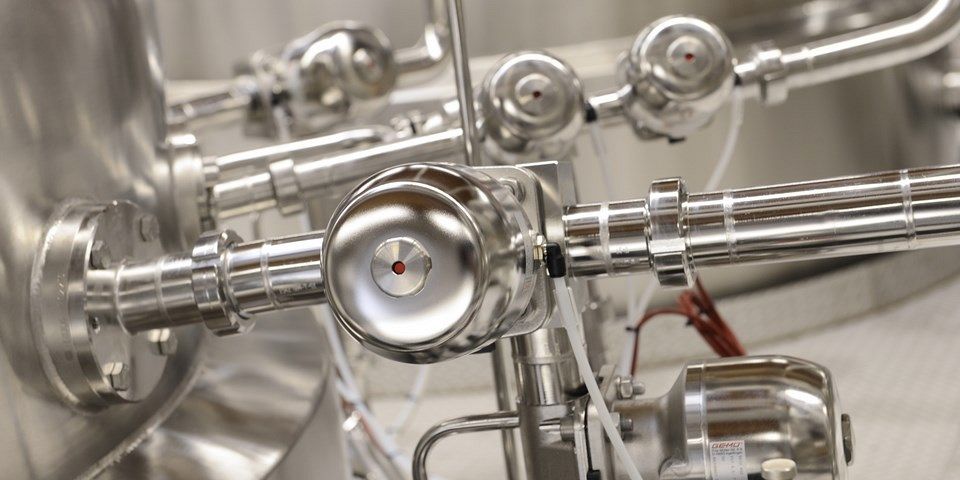What comes to your mind when you hear the word ‘valve?’ It’s probably a valve in a car’s engine or a valve in a pipeline. Both are correct, and these two are just a few of several uses of the valve. If you are wondering what a valve is, read on.
The valve is a device that can control, manage or guide the flow of fluids (slurries, gasses, or oils) by opening and closing or partially hindering the different passageways. Most industries use stainless steel valves, and they are actually fittings but are usually called by other names. These valves are used in almost all industries, and the stainless ones are becoming more popular.
This article will discuss the uses of these valves in commercial systems. Read on to understand how this device helps the industries run their manufacturing/production lines smoothly.
Though stainless steel is a better choice for several manufacturing devices, the use of this steel in making valves changed the scenario. There are many uses of selecting stainless steel in making valves, which will be explained below.
More Durable Option
One of the best advantages of using stainless steel in making valves is that the durability increases multifold. SSV is highly reliable and robust, the stainless steel 316 instrumentation valves are used in extreme heat and cold conditions, and the valves function without any issues.
The high durability and long-lasting quality make stainless steel valves a suitable investment for manufacturing firms. The steel makes the valves durable, stable and sustainable in extreme long runs.
Resistant to high-pressure
SSVs are the best choice for the machines and pipes that run through the high-pressure area or are used to pump fluids at high pressure. The valve will not break or bend from inside or outside force and can survive extreme pressure.
Free from corrosion
Stainless steels are known for their corrosion resistance, or say, they never rust. This is very important in the long run. The adverse effects of corrosion can lead to many issues which might bring the functioning to a standstill condition. Frequent repair and replacement will be needed. They are made to resist the rusting issue. Though the plastic valves don’t corrode either, they are not good at handling the high temperature and pressure—one factor that makes SSVs the safe choice for manufacturing firms.
Zero leaking
If you choose the stainless steel 304 instrumentation valves, they are designed with a hydraulic system that prevents leakage. SSVs are necessary because the firm manufactures toxic chemicals and fluids that could cause life-threatening issues if leakage happens.
The SSVs are also important in plants/research labs that deal with precious or expensive fluids.
Where are the places/sectors the SSVs are used?
Valves are necessary for almost every type of manufacturing firm, and SSVs are popular in several sectors, but the industries that use this valve the most are:
- Agriculture- to control the water for irrigation
- Manufacturing- industrial uses for controlling processes
- Residential uses-for drinking and daily-use water management
- Transport and military sector
These are the advantages of using a stainless steel valve. Though a few alternative options are available on the market, SSVs stand as a priority and are a wise choice for every sector. The heavy usage demands sturdy equipment for durability and better functioning.





